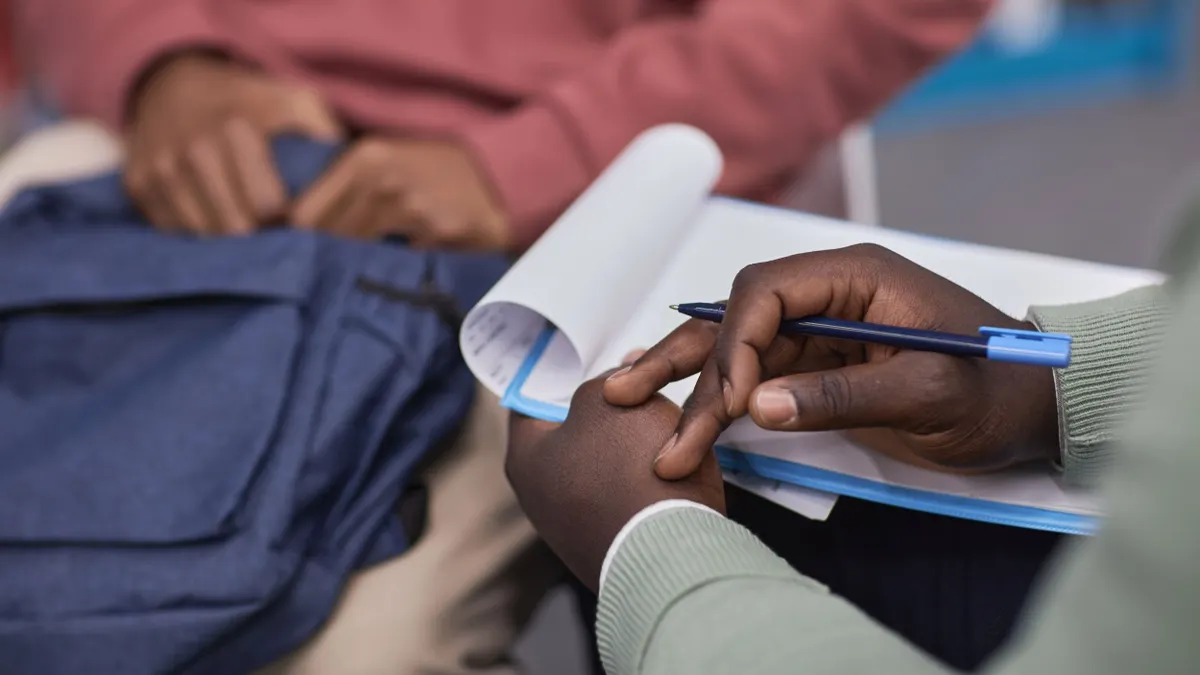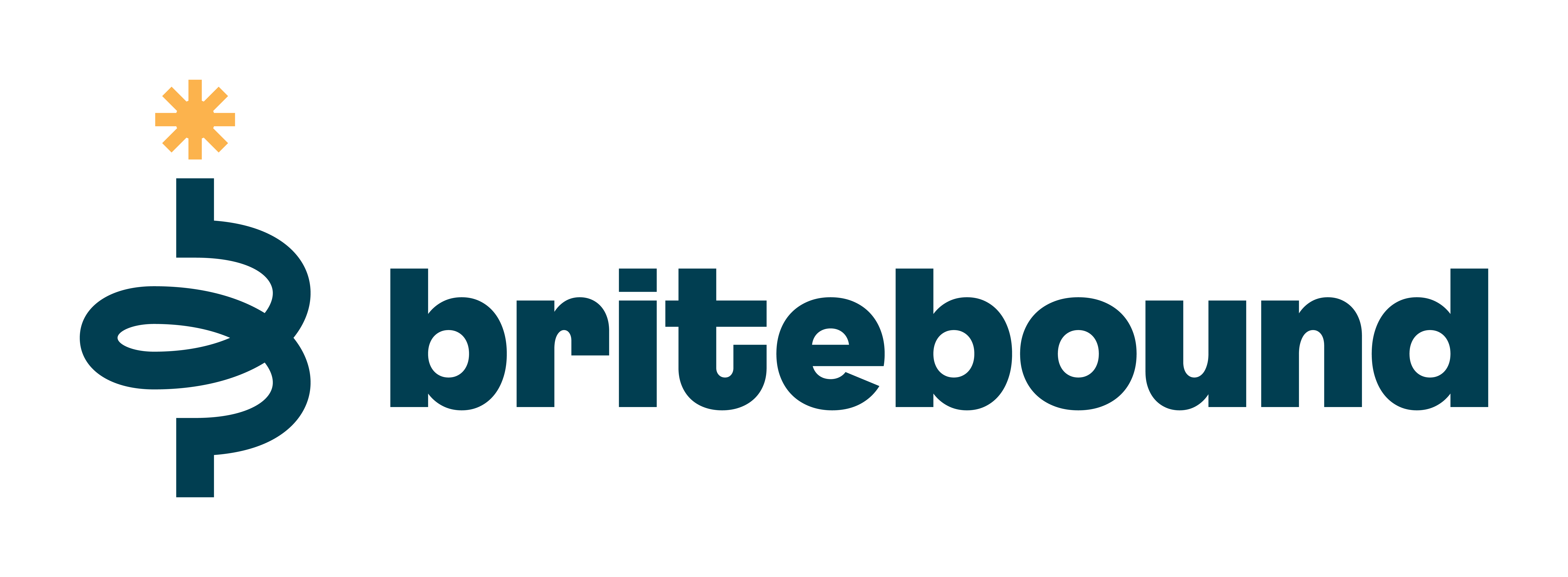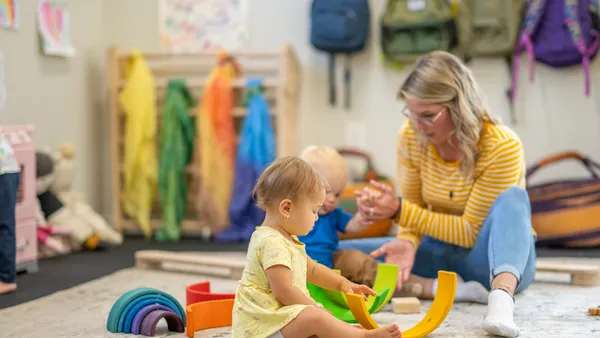Dive Brief:
- Illinois will require school districts to provide universal mental health screenings for students with Gov. JB Pritzker's signing of SB 1560 on Thursday, making it the first state in the nation to do so, according to a news release.
- Under the law, schools in the state will receive access to free screening tools and related technology to help districts provide annual screenings for students in grades 3-12 starting in the 2027-28 school year.
- The law also established a partnership between the state, psychiatric hospitals and schools to help raise awareness about the new Behavioral Health Care and Ongoing Navigation online platform, which helps Illinois families find information about available mental health services for children and teens.
Dive Insight:
Illinois’ new universal mental health screening requirement for schools comes at a time when districts nationwide are looking for innovative ways to address the youth mental health crisis that worsened during the COVID-19 pandemic.
The new law in Illinois aims to identify and help address mental health issues that may disrupt a student’s ability to learn.
“Mental health is essential to academic readiness and lifelong success,” said Illinois State Superintendent Tony Sanders in a Thursday statement. “Too often, we only recognize a student’s distress when it becomes a crisis. With universal screening, we shift from reaction to prevention. The earlier we identify a need, the better support we can provide to that student to help them thrive — in school and in life.”
Though Illinois is the first state to mandate mental health screening requirements, more than half of states have rolled out a variety of mental health education programs for schools through regulation, legislation or learning standards, according to a 2024 policy scan published in the American Journal of Health Education.
With demand for youth mental health resources increasing in recent years, the Bipartisan Policy Center recommended in January that schools should partner with pediatricians and community-based health services to meet those needs.
Districts have also ramped up school-based mental health services through two federal multi-year grant programs that totaled $1 billion. However, the Trump administration canceled the remaining funds earlier this year, and a lawsuit by 16 states is currently underway challenging those cuts.
The U.S. Department of Education, however, is expected to reissue the awarded grants. In July, the department proposed new priorities for the mental health grants that would direct funding to high-need districts and prohibits the use of grant money for “promoting or endorsing gender ideology, political activism, racial stereotyping, or hostile environments for students of particular races.”
There are some signs that student well-being is starting to improve.
A survey released July 28 by the federal Substance Abuse and Mental Health Services Administration found declining rates of suicidal thoughts and depression among teens between 2021 and 2024.
Still, some disparities remain as female students and LGBTQ+ students persistently face mental health challenges like ongoing feelings of sadness or hopelessness, according to a 2024 survey by the Centers for Disease Control and Prevention.













